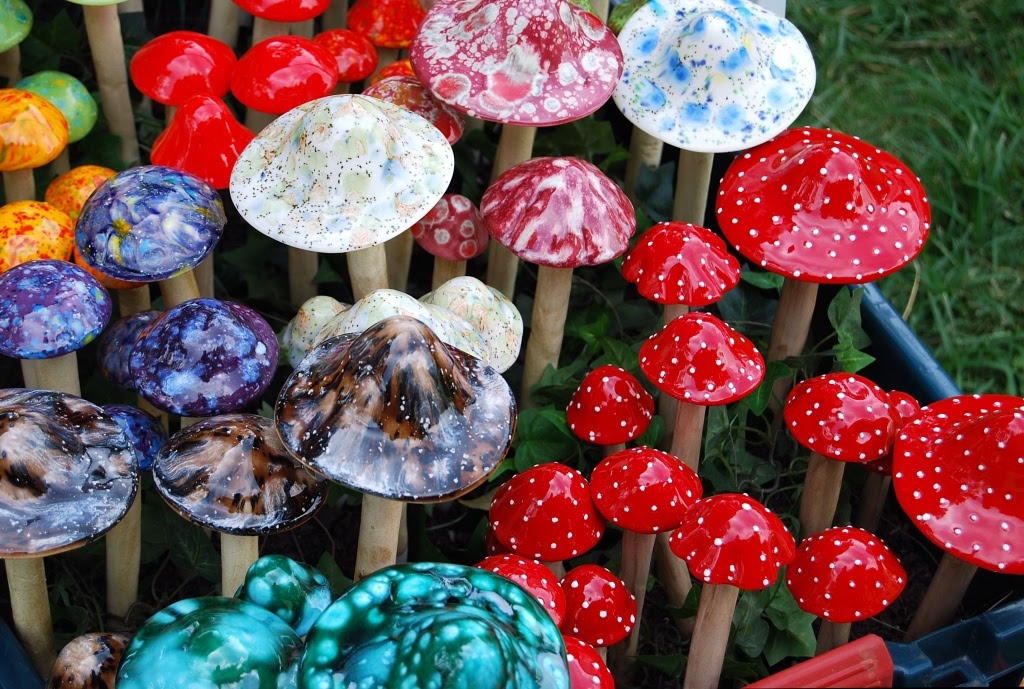
Study on Magic Shrooms: Effects and Risks
Magic or psilocybin mushrooms are a type of psychedelic substance that has been used for thousands of years in traditional spiritual practices. Recent studies have suggested that these mushrooms may have therapeutic benefits for a variety of mental health conditions, such as depression and anxiety. However, just like with any drug, there are risks associated with these magic mushrooms. In this article, we will take a look at some of the effects and risks associated with using these psychedelic substances.
Effects of Magic Mushrooms
When consumed, magic mushrooms can cause a range of psychological effects, including changes in perception, emotions, and thought processes. These effects can include:
• Altered sense of time
• Intensified colours, sounds, and other sensory experiences
• A “dreamy” or “floaty” feeling
• Spiritual or mystical experiences
• Open and closed-eye visuals
Their ability to cause hallucinations is one of the most well-known effects of magic mushrooms. They can range from simple geometric patterns to more complex scenes and images. However, it’s worth mentioning that not everyone taking magic mushrooms will experience hallucinations. Additionally, magic mushroom for anxiety is being studied for its potential benefits in alleviating symptoms
Some studies have also shown that psilocybin can reduce symptoms of certain mental health conditions. A 2020 study conducted by Imperial College London demonstrated that a single dose of psilocybin mushrooms, combined with psychological support, can significantly reduce symptoms of depression and anxiety in people with life-threatening cancer. This research suggests that the substance may have therapeutic potential for treating a range of mental health disorders.
Having such a remedy at home offers individuals a way to explore its potential benefits in a controlled and familiar setting. Many psychedelic enthusiasts click for mushroom grow kits so they can cultivate their own supply and better understand the growing process. This approach allows for more transparency in sourcing and ensures that users know exactly what they are consuming. As interest in psilocybin research continues to grow, more people are looking into safe and responsible ways to integrate it into their wellness routines.
Risks of Magic Mushrooms
While magic mushrooms may have some therapeutic potential, it’s important to remember that there are also risks associated with their use. These can include:
• Negative psychological reactions, such as anxiety, confusion, or paranoia
• Vomiting and nausea
• Increased heart rate and blood pressure
• Muscle weakness and twitching
One of the biggest risks associated with magic mushrooms is the potential for a “bad trip.” It refers to an experience that is overwhelmingly negative and can cause intense fear, paranoia, and other gloomy psychological effects. While bad trips are not quite common, they can happen to anyone and can be very distressing.
Another risk associated with magic mushrooms is that they are not regulated and may be mislabeled or contain harmful contaminants. It’s essential to use mushrooms from a reputable source like magic mushrooms canada, or grow them yourself if you know what you are doing.
It’s worth noting that magic mushrooms are a Schedule I substance according to the DEA and illegal in many countries; thus, obtaining them can also come with legal risks. Moreover, while some studies have shown that psilocybin can have therapeutic benefits, it should not be considered a substitute for traditional medical treatment. It should only be used under the guidance and supervision of a qualified healthcare professional. Magic mushrooms are available for delivery anywhere in Canada.
Keep in mind that the use of magic mushrooms, as well as any other psychedelic substances, can have a significant impact on a person’s mental and emotional well-being, and may cause long-lasting changes in personality and perspective.
Conclusion
While further research is needed to fully understand the effects and risks associated with magic mushrooms, it’s clear that these psychedelic substances have both therapeutic potential and risks. As with any drug, it’s important to be cautious and aware of the potential risks before using magic mushrooms. If you are considering using magic mushrooms for therapeutic purposes, talk to a qualified healthcare professional beforehand to weigh the potential benefits and risks.









